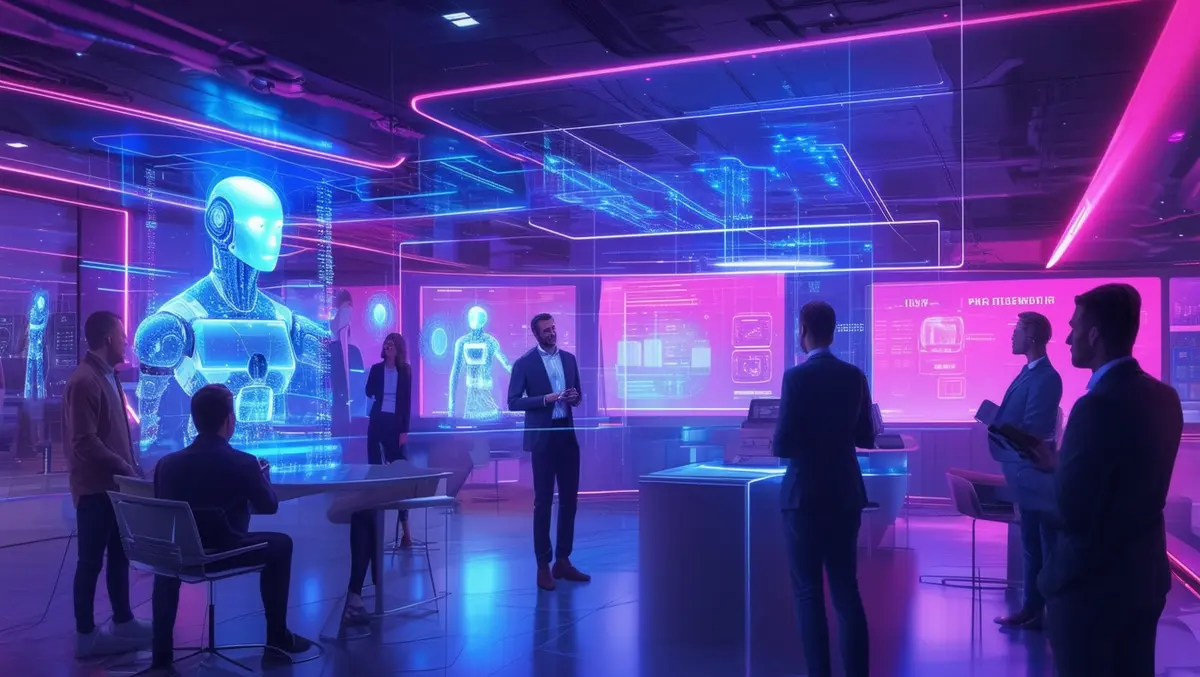Customer experience (CX) leaders are planning to operate in a dramatically different landscape within as little as three years, according to a recent study conducted by Zendesk.
The study, which surveyed over 1,300 senior CX leaders, reveals that over two-thirds (68%) of UK respondents expect that traditional customer experience, as it is currently known, will become obsolete.
Key findings from the 'Future of AI-powered CX' report indicate that a significant majority (69%) of UK CX leaders believe the volume of customer service interactions will increase fivefold by 2027. Zendesk, which currently handles approximately four billion customer service tickets per year, could see this number rise to about 20 billion annually within three years.
Artificial intelligence (AI) is seen as a pivotal solution to managing the predicted surge in interactions. Four-fifths (80%) of respondents assert that AI will fundamentally change customer experience, with over three-quarters (77%) stating that AI will have the power to either make or break businesses. Furthermore, a substantial 78% of UK CX leaders believe that AI agents, such as chatbots, will be capable of handling queries of any complexity.
Additionally, 79% agree that self-service systems have the potential to become fully automated and self-updating, providing a seamless handoff to human agents when necessary. This advanced level of automation could also lead to pre-emptive solutions and offers for customers based on their previous interactions, with 79% predicting this capability. Moreover, 74% anticipate that AI will adapt its tone of voice to reflect emotional cues and maintain a consistent brand voice.
With these advancements in AI, over half (55%) of CX leaders believe wait times in the UK could effectively be eliminated within the next few years. Nearly two-thirds (62%) of respondents also think that customers will no longer face endless cycles with bots, thanks to advanced systems that will ensure swift escalation to human agents when required.
Despite these optimistic projections, the report highlights several hurdles that CX leaders in the UK foresee in the adoption of AI. Only a quarter (25%) of respondents currently regard their AI implementation as advanced, indicating significant room for development. Among the primary challenges identified are maintaining the human touch (81%), staying compliant with evolving data regulation laws (79%), and gaining customer acceptance of AI-driven customer service (78%).
In response to these challenges, many organisations are focusing their efforts on improving data and cyber security (40%) and investing in new technologies (39%) to bolster their AI capabilities. Eric Jorgensen, VP EMEA at Zendesk, commented on these findings, stating, "The UK market has already adapted tremendously over the past few years, with the impact of the pandemic and global inflation changing the way both consumers and organisations see the customer experience."
"AI is the next big frontier across the industry. But in contrast to previous disruptive forces, it has the means to bring a positive impact, evidenced by the fact that leaders feel it has the potential to eliminate wait times in only the next three years. Once we tackle and overcome considerations around acceptance, regulation, and security, AI will bring a great transformation to our industry. But it must be approached in a thoughtful and responsible way to truly improve experiences for CX teams and their customers," Jorgensen added.



